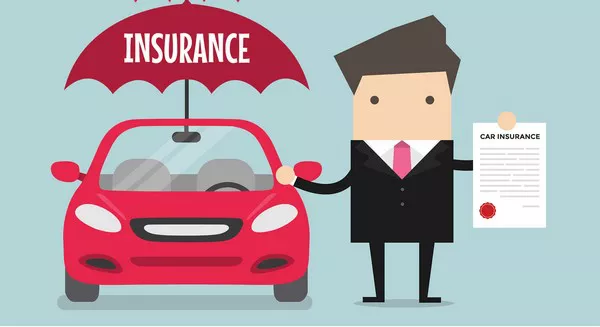In the realm of car insurance, the term “write-off” holds significant weight, often signaling a pivotal moment in the life of a vehicle and its owner. Whether due to a severe accident, natural disaster, or malicious intent, understanding what constitutes a write-off and the ensuing processes is crucial for every car owner. This article aims to demystify the concept of car insurance write-offs, exploring definitions, reasons, processes, and additional considerations.
Definition of a Write-Off
At its core, a write-off occurs when the cost to repair a vehicle surpasses its actual cash value (ACV) or a predetermined threshold set by the insurance company. Essentially, it’s the point where the economics of repair no longer make sense compared to the value of the car. This concept is pivotal in determining the fate of a damaged vehicle following an incident.
Differentiating Repairable and Statutory Write-Offs
Within the realm of write-offs, two primary categories emerge: repairable and statutory. Repairable write-offs signify vehicles that, despite significant damage, could potentially be restored to roadworthy condition, given the right circumstances and resources. Conversely, statutory write-offs are deemed irreparable or too unsafe for road use, often due to severe structural damage or compromised safety features.
Reasons for a Car Being Written Off
1. Extensive Collision Damage: Severe accidents resulting in substantial structural damage often render vehicles unfit for repair within reasonable economic constraints. In such cases, the cost of restoring the vehicle to a safe and drivable condition may far exceed its actual worth.
2. Flood or Fire Damage: Natural disasters, such as floods or fires, pose significant threats to the integrity of a vehicle. Beyond visible damage, these events can wreak havoc on a car’s electrical systems, interior components, and mechanical functionality, often leading to irreparable harm.
3. Theft or Vandalism: Instances of theft or vandalism can leave vehicles in disarray, ranging from cosmetic damage to extensive stripping of essential parts. In scenarios where stolen cars are recovered with substantial impairment, the cost of restoration may surpass the vehicle’s value, prompting a write-off determination.
The Write-Off Process
1. Assessment by Insurance Adjuster: Following an incident, insurance adjusters meticulously evaluate the extent of damage to the vehicle. Through this assessment, they ascertain the actual cash value of the car and estimate the costs associated with repairs, crucial factors in determining whether a write-off is warranted.
2. Options for the Car Owner: Upon receiving news of a write-off, car owners are presented with various avenues. They may opt to accept a cash settlement based on the vehicle’s ACV, negotiate for a higher settlement, or choose to retain the salvaged vehicle for potential repairs or resale.
3. Impact on Insurance Premiums: It’s essential for car owners to recognize that a write-off claim can impact future insurance premiums. The perceived increased risk associated with insuring a vehicle that has undergone significant damage may result in higher premiums down the line.
Additional Considerations
1. Sentimental Value: While insurance settlements are typically based on objective factors like market value and repair costs, they often fail to account for a vehicle’s sentimental worth to its owner. In cases where emotional attachment runs deep, the write-off process can be particularly challenging.
2. Finding a Replacement Car: Following a write-off, car owners are faced with the daunting task of finding a suitable replacement vehicle. This process entails thorough research, weighing options, and potentially negotiating deals to secure a new ride that meets their needs and budget.
3. Legal Aspects and Disputes: In instances where car owners disagree with the write-off decision or the settlement offered by their insurance company, legal recourse may be pursued. Engaging legal counsel can help navigate disputes and potentially secure a more favorable outcome.
Conclusion
In conclusion, understanding the nuances of car insurance write-offs is essential for every vehicle owner. By familiarizing oneself with the definitions, reasons, processes, and additional considerations outlined in this article, individuals can navigate the aftermath of accidents or disasters with greater confidence and clarity. While the prospect of a write-off may seem daunting, armed with knowledge, car owners can make informed decisions to mitigate its impact and move forward.


